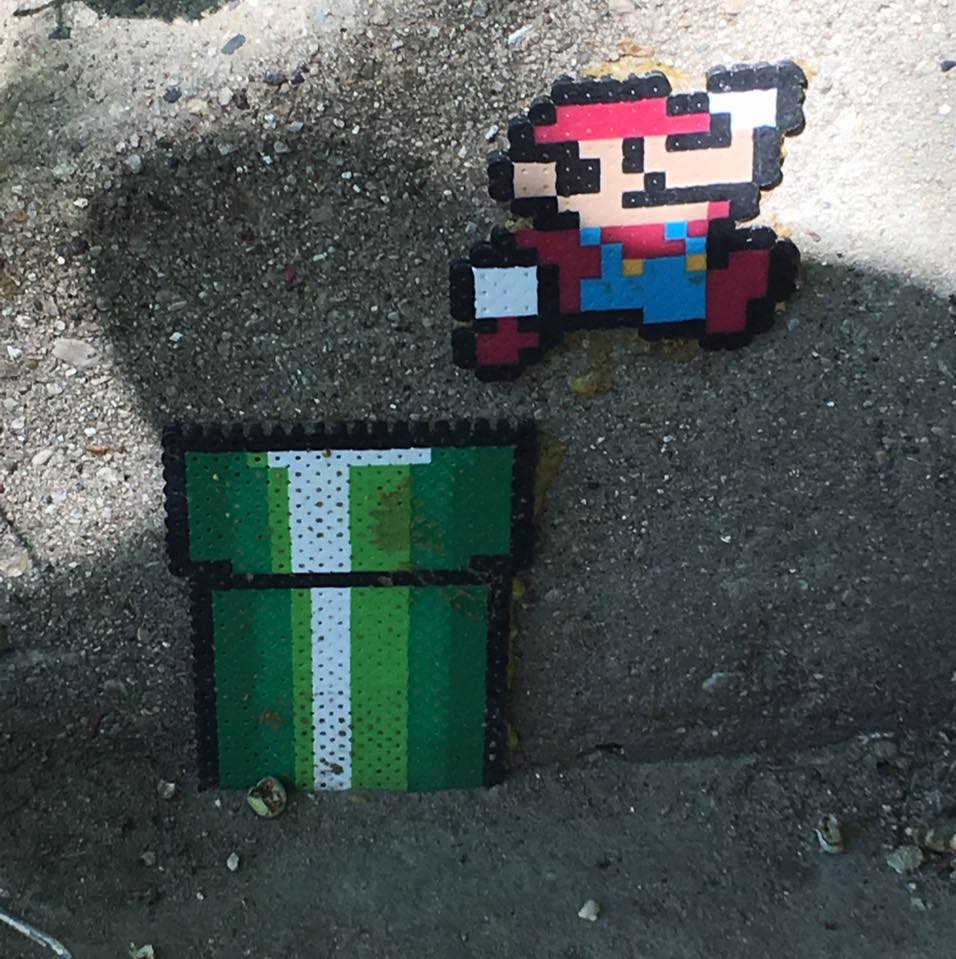Would the atmosphere cease to exist?
Yes, this happens on Earth very frequently, when gaseous H2O precipitates out as what we call ‘rain’.
Sometimes, the temperature is so low that the gas actually falls in solid form.
Yes. Astronomers found something like this happening on Io as it cools in Jupiter’s shadow.
There are some gasses that will basically never freeze. Hydrogen freezes at -259.5°C for example and you’ll basically never find anywhere that cold in the known universe except for here on Earth. Even as you go up the period table, individual elements still freeze at a very, very low temperate. Oxygen comes in at −218.79°C. Molecules obviously behave differently, but the general freezing point of what we call “air” which is mostly Nitrogen with a little bit of Oxygen freezes somewhere below -210°C.
So it’s pretty unlikely that an entire atmosphere would freeze and fall down as precipitation. There are very, very few places in the known universe that could have an atmosphere and yet get that cold.
Side question. I always thought that it was colder in deep space than anywhere near a star. What about earth causes things to naturally (not talking artificial stuff like freezers) get cooler than places in space that have no heat source?
Naturally occurring? Yeah space wins. But artificially? The hottest and coldest temperatures ever recorded were here on Earth in a lab. Here’s a cool infographic about it. The TLDR of which is the coldest temperature was -273 °C and the hottest (currently – the early universe was hotter) was 5.5 trillion °C both on Earth.
Why are you assuming it would have to freeze to fall as precipitation? You ever hear of rain?
True, though you could have been less rude about it. I had forgotten about the condensation point. It’s pretty similar though and doesn’t change anything about my answer. Condensation of Oxygen is -183°C, Nitrogen -196°C. It’s hard to find condensation data on “air” because there’s a similar term called the “dew point” at which humidity starts condensating out of the air, but it’s probably around -190°C.
Again, there’s basically nowhere in the known universe that’s that cold, especially on a planetary body with an atmosphere, except for here on Earth in a lab.
Recorded temperatures at the poles of Titan indicate it’s just cold enough for oxygen to condense (-183.1 Deg. C). Unfortunately, even though cold enough, there isn’t any free oxygen detected in the atmosphere of the moon. Although it does rain methane, it’s predicted there are cryo-volcanoes, and water is as hard as stone. There are really interesting atmospheric phenomena occurring on the moon.
Cool! The situations on some planets is absolutely insane
And Titan is a balmy vacation spot compared to Triton’s temperature of about -235 C and Pluto’s -229 C.
Both temperature and pressure dictate how the atmosphere precipitates (falls down).
Currently, on earth, sometimes the gas will fall down as liquid. You know this a rain.
In other planets, it can precipitate as liquid or even solid. Some planets rain down iron, some even diamonds.
The atmosphere will generally exist, but this is based more on gravity than temperature or pressure.
Can the whole thing “rain down” though?
And can it “create itself” again (go back up afterwards)?The entire atmosphere as a whole? Probably not as that would require absolutely massive amounts of energy to do on a short time scale.
The moisture portion of the atmosphere does condense, fall as rain or snow, and then evaporate back into the atmosphere on a regular basis. Other parts of the atmosphere does condense or expand with temperature and that is why we have high and low pressure systems even if they don’t go all the way to pure liquid.
So the things you describe happen to some extent, but the entire atmosphere liquidating and condensing would be unlikely to happen for long as that amount of energetic change is going to involve some crazy amount of energy to change back and forth.







